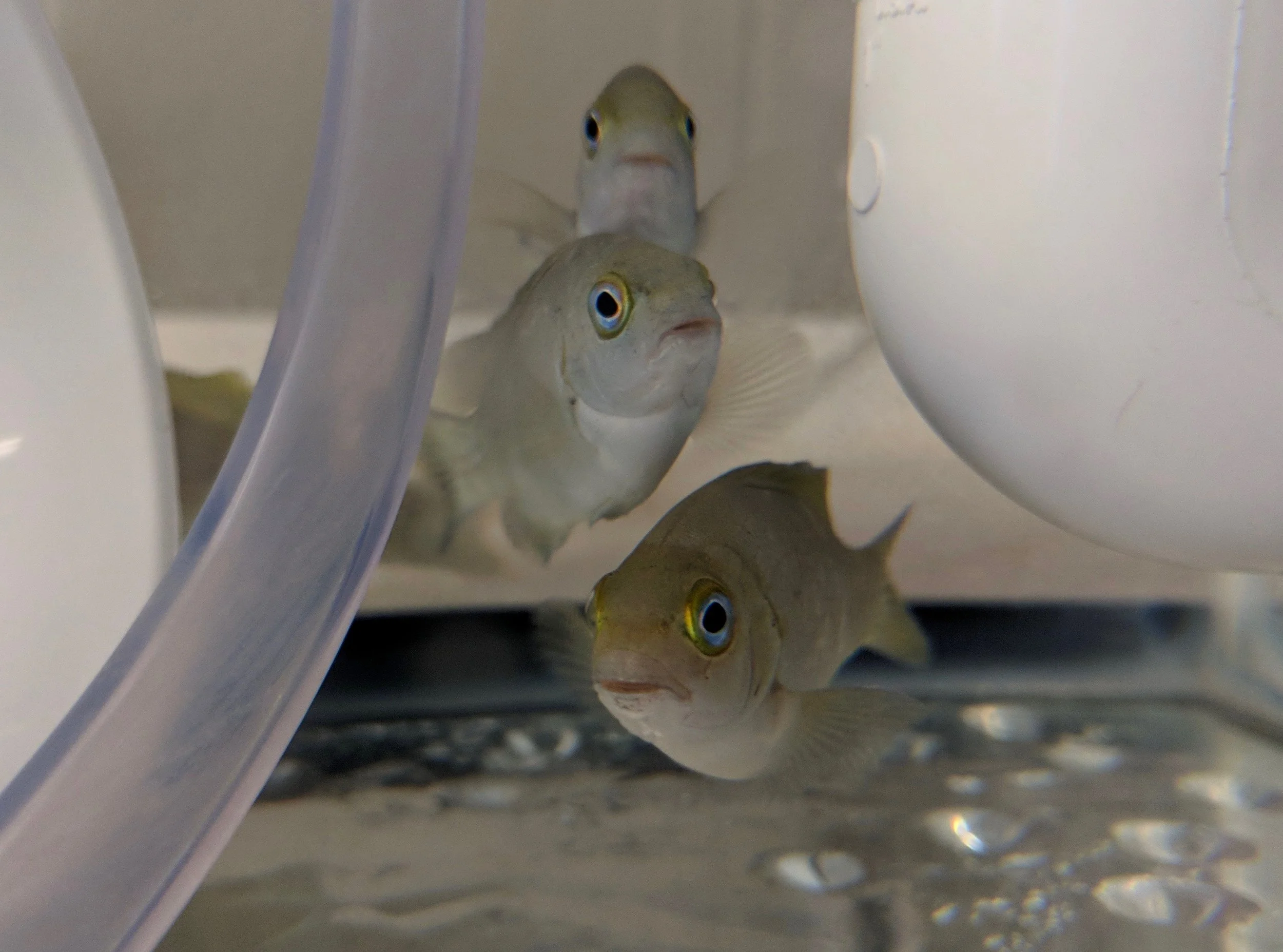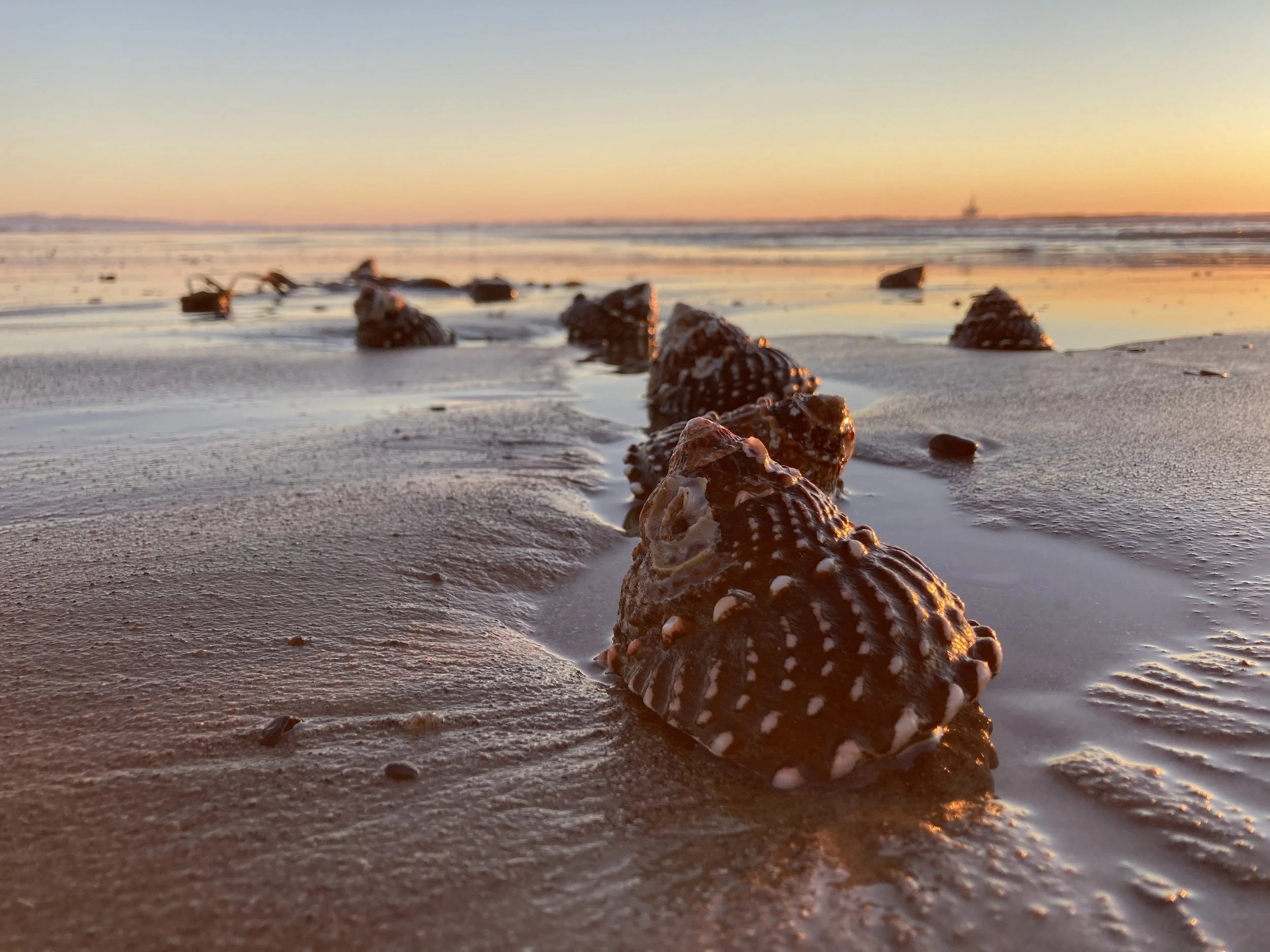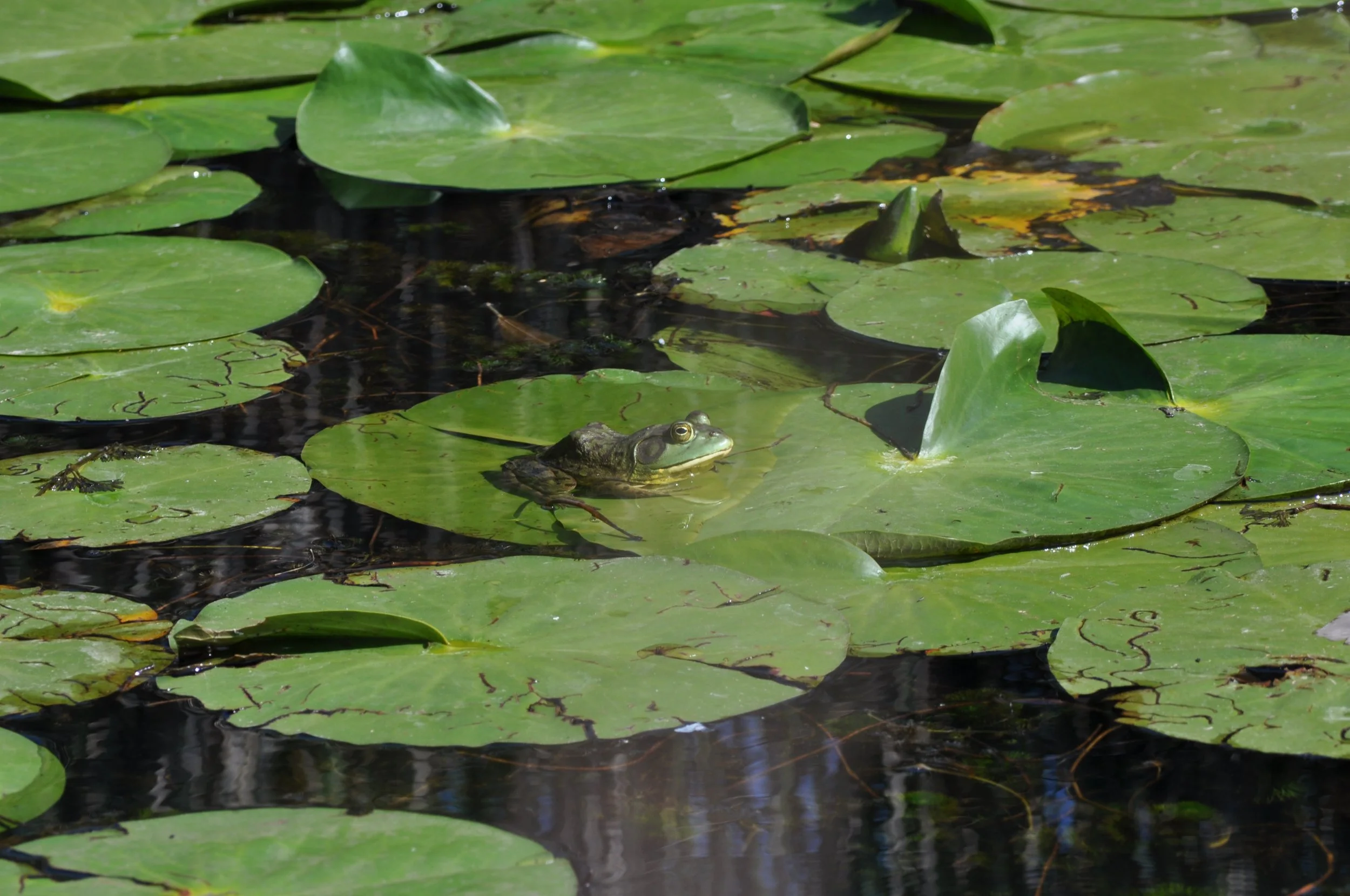Hi, I’m Emily.
I am an ecophysiologist interested in how aquatic animals cope with environmental change.
My Background
Overview
I completed my PhD in the Ecology, Evolution, and Marine Biology department at UC Santa Barbara in Dr. Erika Eliason's lab. For my thesis, I studied how changes in fish nutrition impacts their thermal plasticity and thermal tolerance. Currently, I’m an NSF postdoctoral research fellow in Dr. Kevin Kohl's lab at the University of Pittsburgh. In my postdoctoral research, I am studying how host-microbe interactions influence the resilience of larval amphibians to extreme environmental conditions.
Education
PhD - UC Santa Barbara (2023)
BS Marine Biology - UC Santa Cruz (2014)
BS Molecular Biology - UC Santa Cruz (2014)
Diet effects on ectotherm thermal performance
Human activity is impacting what animals have available to eat and the quality of that food, which may impair their environmental tolerance. In this review, we discuss the ways in which nutrition supports thermal physiology in ectothermic animals, like fish, insects, reptiles, and amphibians.
Recent Publications
Conservation physiology of freshwater fishes: An illustration of pressing questions and implications for management.
Freshwater fishes are increasingly threatened by climate change, pollution, habitat fragmentation, invasive species, and disease. This work presents case studies showing how physiological tools can be used to evaluate these threats and guide conservation efforts.
The impacts of diet on cardiac performance under changing environments
Malnutrition — caused by shifts in food availability and quality — can impair cardiac physiology of wildlife. But animals in dynamic environments must maintain cardiac function to survive environmental changes. In this commentary, we explore knowns and unknowns about how animal nutrition affects the environmental physiology of the heart.
Get in Touch!
I’m always interested in hearing from other researchers and potential collaborators
Lumpfish photo by Kim Birnie-Gauvin







